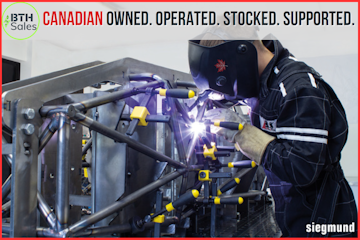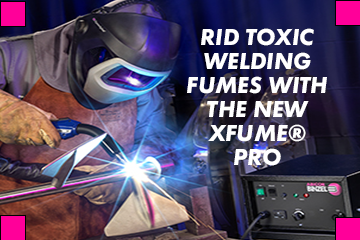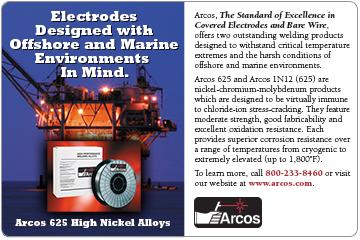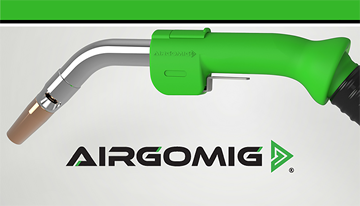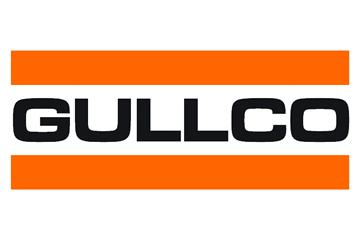Membership
Connecting. Educating. Advocating.
Support the sustained success of the Canadian welding industry through innovative programs.
Learn, connect, and grow with Canada's century-strong welding community.
The CWB Association membership is all about empowering you! Our FREE membership gives you access to a full suite of benefits designed to help you learn new skills, build connections, and stay up to date with the latest in Canada's welding industry.
Whether you're just starting out, growing your career, or leading the way, joining the CWB Association connects you to a community that's been supporting welders for over 100 years.
Related Links
Learn more about our network of local chapters Training Supplement and Upskill Program
Learn a new skill with free or partially subsidized courses Affinity Programs
Benefits for members only Fabricating the Future Program
Details on how Canadian schools can win the strongest and most durable fabrication table made!
Member Benefits Include
Digital WELD Publication
WELD is Canada's premier technical welding magazine! Offering industry news, research, lifestyle pieces and much more! This publication is a must-have for anyone who is passionate about their welding career, wants to improve their skill set or just keep up with current news in industry.
Exclusive Member Discounts
CWB Association members get access to exclusive savings through our Affinity Program - making it easier to get the gear, tools, and services you need. Your free membership helps you save while supporting Canada's welding community.
Skill Advancement Online Courses
Enhance your skills and knowledge through our Training Supplement and Upskilling Program (TSUP). Members will gain valuable knowledge and practical skills to enhance your professional profile. Stay competitive in today's ever-changing job market and open doors to new possibilities.
Your Welding Resource Hub
Discover the content you need, when you need it. Our resource section gives you access to a wide range of articles, videos, reference guides and more. Members of the CWB Association receive automatic notifications when new content is published, so you'll always stay connected.
Networking and Community Connection
At the CWB Association, we believe that welding is more than a skill - it's a shared passion that connects people across Canada. Through our national network of Chapters and annual conferences, members can meet peers, mentors, and industry leaders who share their drive to learn, collaborate, and grow.
Become a Member
The CWB Association is more than just a membership - it's a movement. As a not-for-profit division of the CWB Group, we're a national community dedicated to advancing and celebrating the welding and joining industry across Canada.
When you join, you're not just getting benefits - you're joining a passionate community that learns together, connects across the country, and builds the future of welding.
